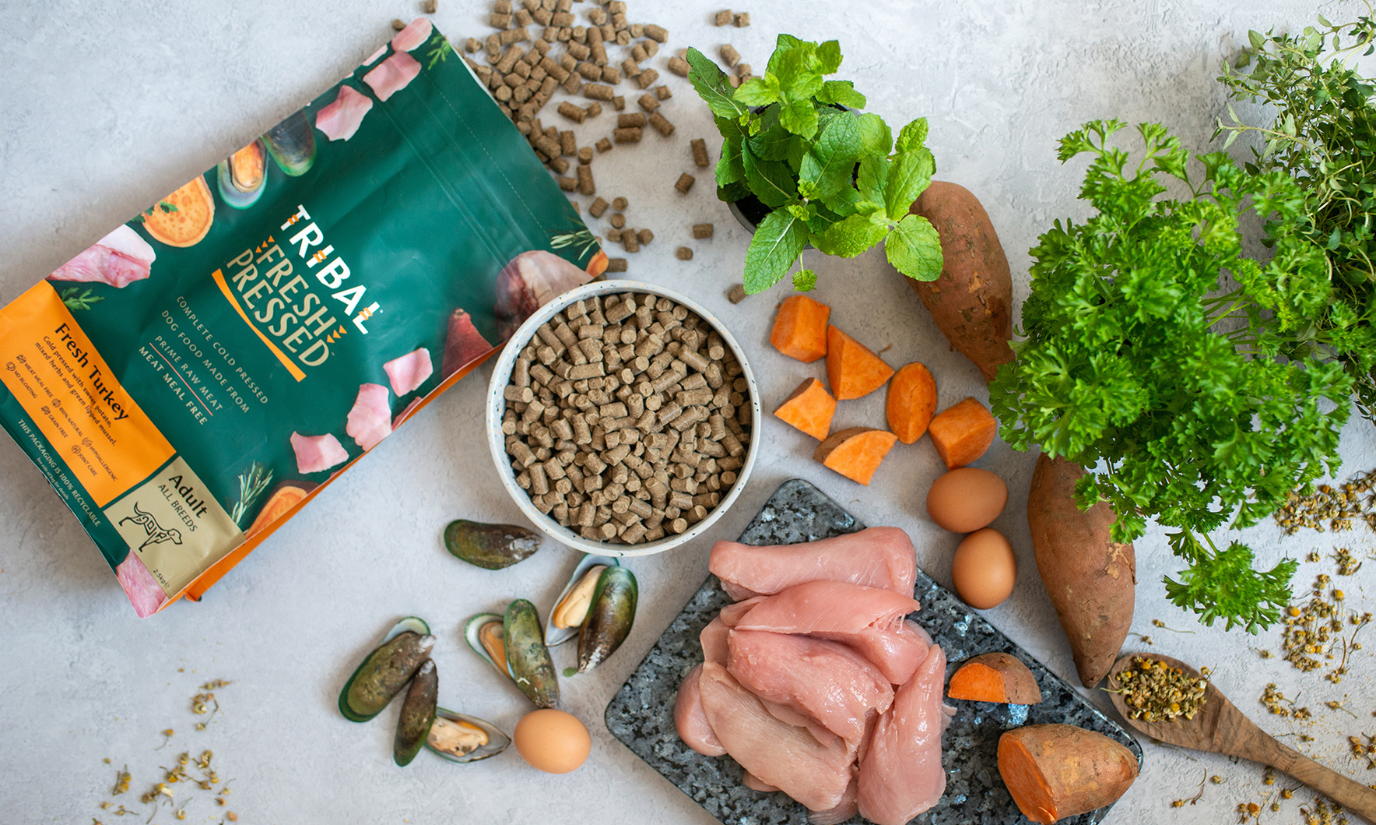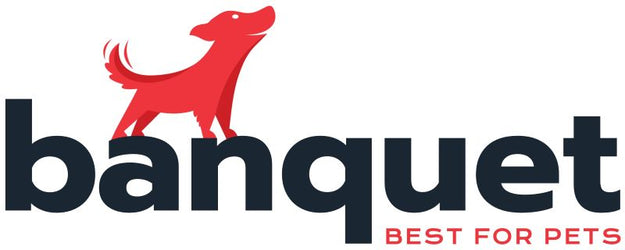
Dog Food vs Puppy Food
In this article, we're going to unpack the differences between all life stages dog food vs puppy food, and why it's essential to understand what nourishment your four-legged family members need at different life stages.
Understanding the Basics
Before we get into the nitty-gritty details, it's crucial to appreciate that dogs, like humans, have changing dietary requirements throughout their lives. Different life stages need different nutrient profiles for optimal growth and health maintenance. Puppies have different dietary needs compared to adult dogs; they're growing rapidly, need energy for play, and building their immune systems.
Just like humans, a balanced diet for our pets is paramount, ensuring they get all the necessary nutrients, vitamins, and minerals. When it comes to all life stages dog food vs puppy food, it's about understanding these needs and fulfilling them appropriately.
The Nutritional Distinction: All Life Stages Dog Food vs Puppy Food
What distinguishes puppy food from adult dog food primarily comes down to three factors: protein, fat, and calorie content. Puppies require more protein, fat, and calories compared to adult dogs, as these components are essential for their growth, energy requirements, and overall development.
Protein
High-quality protein is essential for building healthy muscles and strong bones in puppies. The protein content should be highly digestible and of excellent quality. A deficiency in this can lead to growth reduction, weight loss, brain development issues, and a less effective immune system.
Fat
Fat is another crucial nutrient in a puppy's diet. Fats carry energy, essential and non-essential fatty acids, and fat-soluble vitamins. In puppies, the metabolism isn't as efficient at making some of these fatty acids, so their inclusion in the diet is necessary for the good development of the nervous system, retina, auditory systems, and more.
Calories
Puppies need a lot more calories per pound than adult dogs do, due to their high energy needs and growth requirements. However, it's important to ensure that puppies are not overfed to the point where their growing skeletons feel the strain of excess weight.
When to Transition from Puppy Food to Dog Food
The transition from puppy food to adult dog food typically occurs around the one-year mark but can vary depending on the breed and size of your pup. For example, larger dog breeds take more time to fully develop and should wait longer before the transition to an adult diet.
Quality and Variation: The Banquet Pet Approach
At Banquet Pet, we ensure that all our dog and puppy foods meet and exceed the nutrient requirements for each life stage. Our dog foods contain fresh meat or fish as the first ingredient, offering truly superior nutrition. Our puppy foods are made with fresh human-grade meat as the first ingredient, ensuring your pup receives the right nutrients to grow and develop.
Remember, at Banquet Pet, our mission is to deliver the best pet products from across the world, direct to your door. We're proudly 100% New Zealand-owned and operated. No matter what life stage your furry family member is at, we're here to support you in offering them a balanced, nutritious, and delicious diet!
To learn more about our range of dog foods and how we can help meet your pet's nutritional needs, browse our website or get in touch with our friendly team.
All Life Stages Dog Food vs Puppy Food: Final Thoughts
Understanding the differences between all life stages dog food vs puppy food can significantly impact your pet's growth, health, and overall well being. By providing your pet with the appropriate nutrition for their life stage, you're setting them up for a long, happy, and healthy life.
At Banquet Pet, we understand that your pets are family, and we're committed to offering the best pet supplies, including dog and puppy food, to help them thrive. Contact us today, and let us help you give your pet the banquet they deserve!

Leave a comment